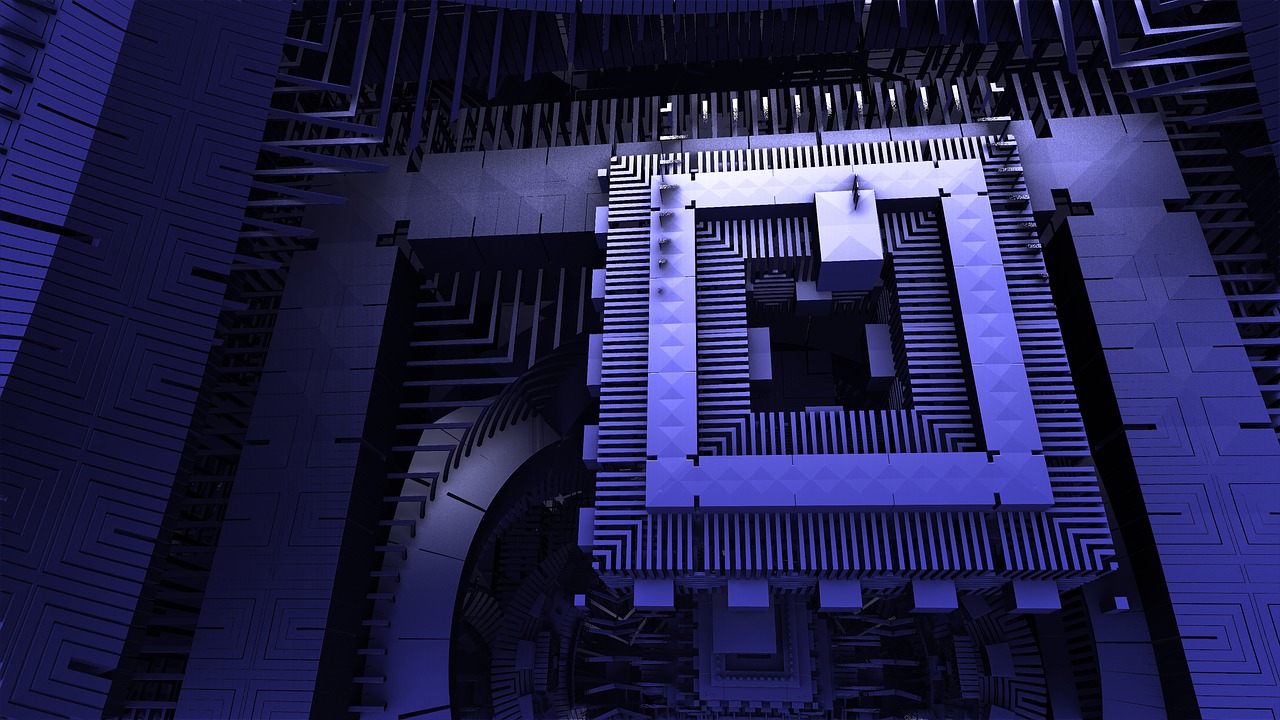 EMERGING TECH
EMERGING TECH
 EMERGING TECH
EMERGING TECH
 EMERGING TECH
EMERGING TECH
Accenture Plc has just been awarded a patent relating to quantum computing that underscores the idea that the next-generation of computers will likely have to live alongside their classical cousins for the foreseeable future.
Awarded to the business consultancy on Monday, U.S. Patent No. 10,275,721 is the company’s second relating to quantum computing technology.
It describes a method for using machine learning to determine which workloads or problems are best suited for quantum computers, and which are more suitable for standard digital computers. Accenture said it will be useful for early adopters of quantum computers because it will help them to better balance costs.
Quantum computing is a fundamentally different and vastly more powerful computer architecture that has the potential to solve extremely complex problems that are impossible or would take years for today’s computers to tackle.
The main difference is that processing can take place in multiple states simultaneously. Whereas traditional computers use binary digits or “bits” that can be represented as 1 or 0, quantum computing uses “qubits” that can be “superpositioned,” allowing them to be represented as 1s, 0s or both states at the same time.
In addition, qubits can use a method called superdense coding that allows them to hold two bits simultaneously. So two superpositioned bits held in one qubit means they can process four times the data of ordinary computers.
The other important distinction of quantum computers is “entanglement,” or the ability of qubits to correlate with each other so that each is aware of the state of all the others. That means quantum computers grow in power exponentially as qubits are added. So in theory a 200-qubit system is 2,200 times as powerful as a 100-qubit system. In other words, quantum computers are far more powerful than their classic cousins, able to perform intense calculations many times faster.
But one of the major problems early adopters will face is “determining when to employ quantum – as opposed to, or in tandem with classical computing,” said Marc Carrel-Billiard, senior managing director at Accenture Labs.
That’s a problem that was recently acknowledged by D-Wave Systems Inc., which has built one of the first working quantum computers and last week introduced a framework for developers to build so-called “quantum-classical hybrid applications” that can run on both systems simultaneously to take advantage of the unique capabilities that each offers. The company said at the time that this marriage of quantum and classical computing is important because quantum systems simply aren’t suited for certain, more basic computing tasks that will still be necessary for applications to perform.
Accenture said its patented machine learning module would help early adopters to adapt to this new way of doing things, which it has termed “computational variety.”
“By determining when and how to utilize the power of quantum computing, such a system can help perform computational tasks in the most efficient and cost-effective way possible,” Accenture said. “Additionally, the module described has the ability to learn to prioritize certain tasks. As more advanced and efficient quantum and classical systems are introduced over time, the quantum computing machine learning module can adapt accordingly.”
Accenture said its machine learning framework builds on an earlier patent it was awarded for a “multi-state quantum optimization engine” that’s designed to help users identify a range of answers to business problems. By running multiple simulations, the best outcome can be identified in order to help users make the best decision.
Constellation Research Inc. analyst Holger Mueller said enterprises often look to trusted service providers for guidance when new technologies arise, so they should appreciate Accenture’s efforts with regard to quantum computers.
“Today it’s Accenture with a patent that determines when a computing problem should go to quantum or to traditional computing,” Mueller said. “This will be a key question CTOs have to answer for their next generation applications in the next decade, but it remains to be seen how well Accenture can monetize and fight for its IP.”
Accenture has also done a ton of research into which applications are most suitable for quantum computing, identifying use cases such as vehicle route planning and data encryption. The latter case is especially important because quantum computers can also be used to break current encryption methods that are based on classical computing.
Accenture’s work on quantum computing reflects its view that the “tipping point” for the new technology could arrive within just five years.
Support our mission to keep content open and free by engaging with theCUBE community. Join theCUBE’s Alumni Trust Network, where technology leaders connect, share intelligence and create opportunities.
Founded by tech visionaries John Furrier and Dave Vellante, SiliconANGLE Media has built a dynamic ecosystem of industry-leading digital media brands that reach 15+ million elite tech professionals. Our new proprietary theCUBE AI Video Cloud is breaking ground in audience interaction, leveraging theCUBEai.com neural network to help technology companies make data-driven decisions and stay at the forefront of industry conversations.